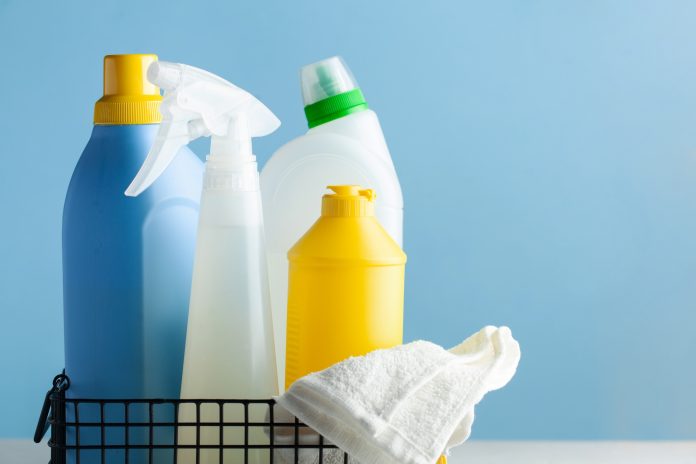Key Takeaways
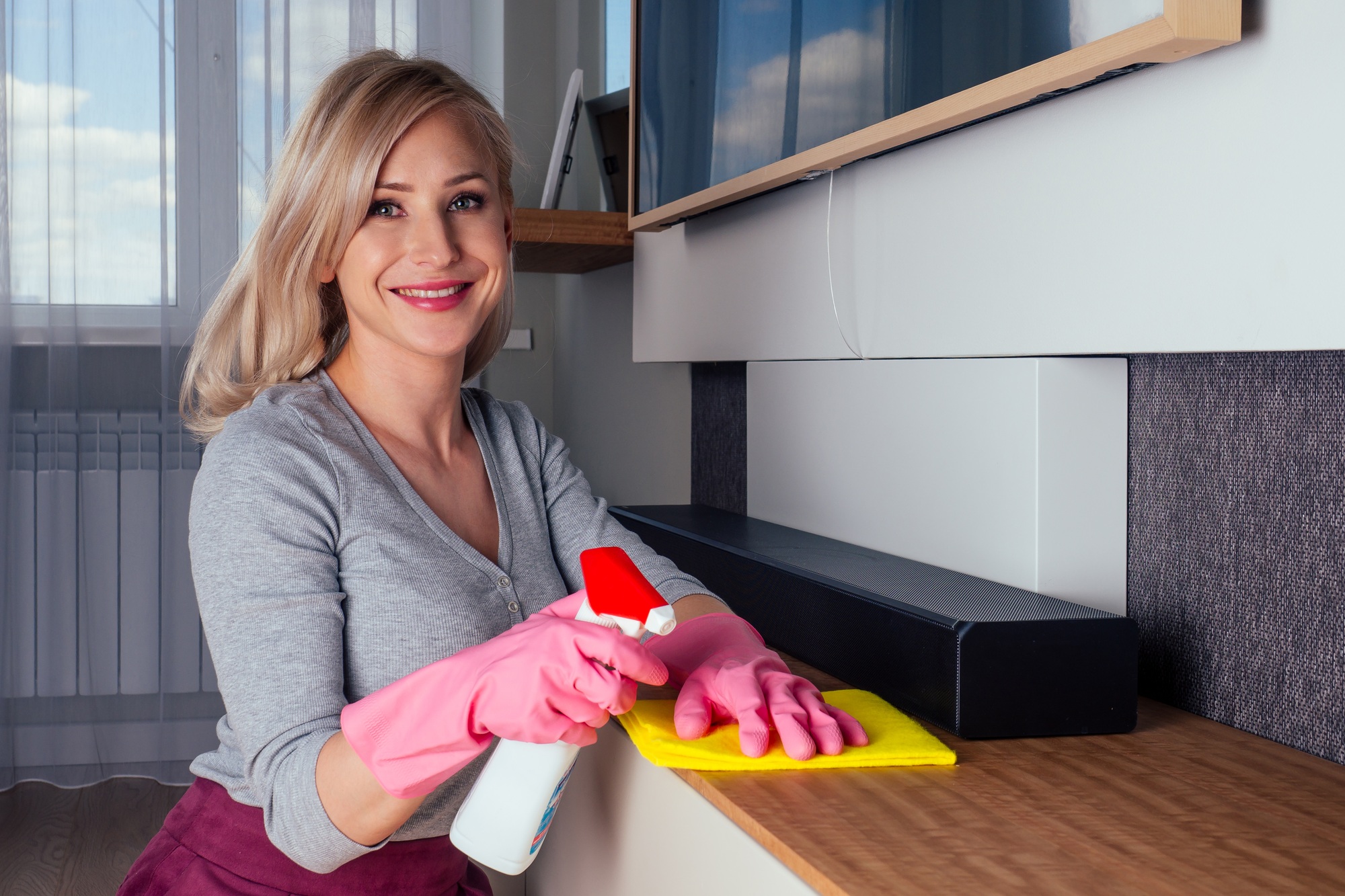
- Robust Market Demand: The cleaning services market in Georgia is valued at approximately $4.7 billion, with a projected annual growth rate of 6.1%, driven by increased hygiene awareness and busy households.
- Target Audience Insight: Focus on key demographics, including homeowners, businesses, and property managers, to tailor services and marketing efforts effectively.
- Step-by-Step Launch: Follow essential steps such as defining services, budgeting, choosing a legal structure, obtaining necessary licenses, and securing insurance to establish your cleaning business.
- Essential Supplies: Invest in both basic cleaning supplies and specialized tools to ensure high-quality service delivery, enhancing customer satisfaction and operational efficiency.
- Strong Branding and Marketing: Develop a unique brand identity and implement diverse online and offline marketing strategies, including a professional website, social media engagement, and local networking, to attract customers effectively.
Starting a cleaning business in Georgia could be your ticket to financial independence and a flexible lifestyle. With the demand for cleaning services on the rise, you have a golden opportunity to tap into a thriving market. Whether you’re looking to start small with residential cleaning or aim for commercial contracts, the possibilities are endless.
Understanding the Cleaning Industry in Georgia
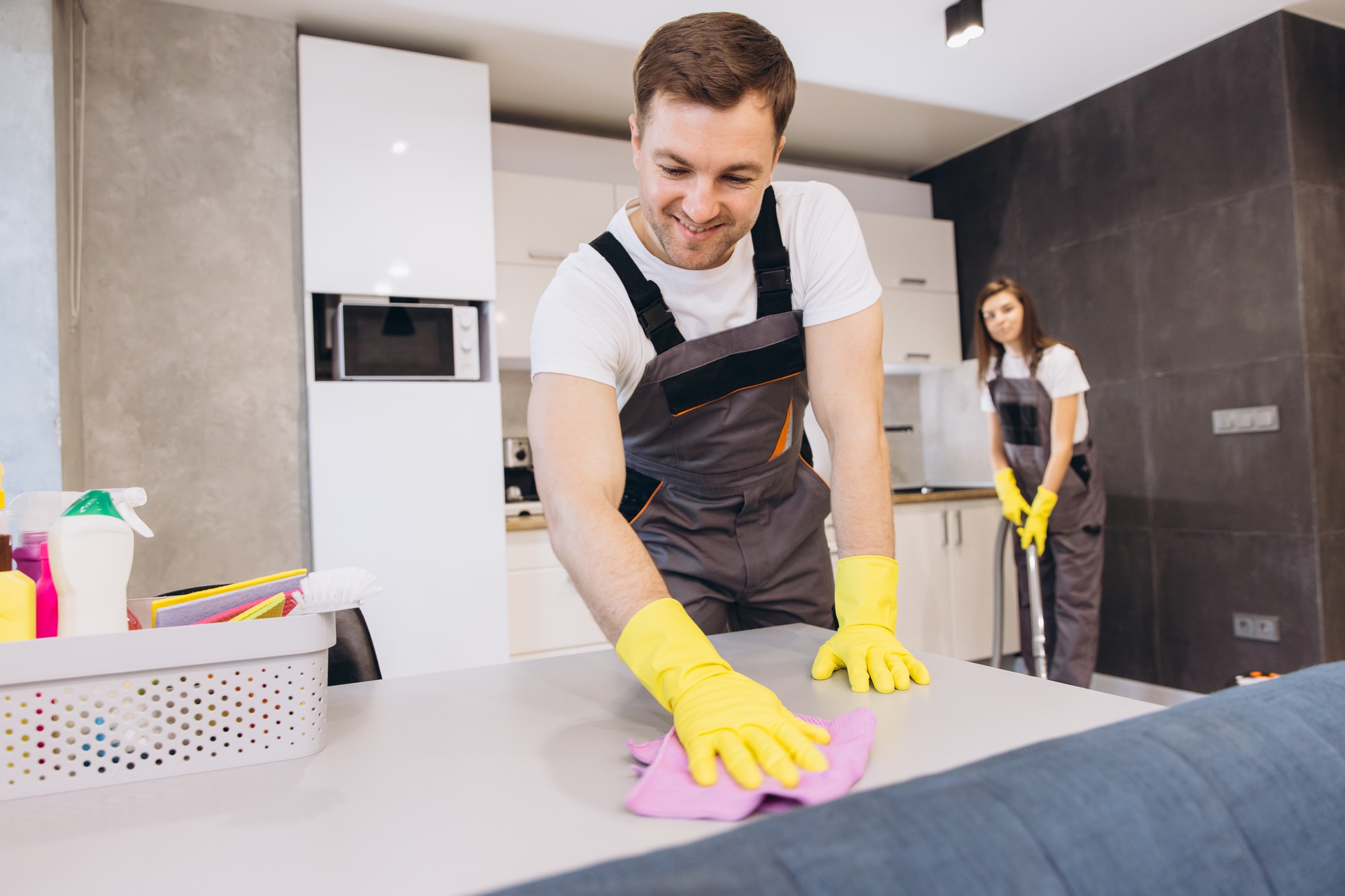
The cleaning industry in Georgia presents unique opportunities for small business ventures. An increasing demand for cleaning services offers a promising path toward launching a successful startup.
Market Demand and Trends
Market research indicates a robust demand for cleaning services in Georgia. In 2022, the cleaning services market was valued at approximately $4.7 billion, with an expected annual growth rate of 6.1%. Factors contributing to this growth include:
- A rising awareness of hygiene and cleanliness among consumers
- An increase in dual-income households requiring assistance with home upkeep
- Businesses seeking professional cleaning services to maintain safety standards
Focusing on these trends allows you to tailor your cleaning business to meet evolving customer needs.
Target Audience Identification
Identifying your target audience is vital for success in the cleaning industry. Key demographics include:
- Homeowners: Busy families and individuals often seek residential cleaning services, focusing on convenience and reliability.
- Businesses: Commercial clients, including offices and retail spaces, prioritize professional cleaning to ensure a clean work environment.
- Property Managers: Managers of rental properties often require regular cleanings between tenants, creating repeated business opportunities.
Understanding these audience segments enables you to design targeted marketing strategies, making your startup more appealing to potential clients.
Steps to Start a Cleaning Business in Georgia

Starting a cleaning business in Georgia involves strategic planning and adherence to legal requirements. Follow these steps to establish your startup successfully.
Planning and Research
- Define Your Services: Decide the types of cleaning services to offer, such as residential, commercial, or eco-friendly options. Focus on specific niches within these categories to stand out in a competitive market.
- Market Trends and Opportunities: Study current market trends, like the rising demand for green cleaning practices. Pinpoint your target audience, which includes homeowners, businesses, and property managers, to tailor your marketing strategies effectively.
- Budgeting and Financial Planning: Create a detailed business budget. Estimate monthly operating costs, including equipment, supplies, fuel, employee wages, and marketing expenses. Set a competitive pricing structure that reflects the quality of your services while ensuring profitability.
Legal Requirements and Permits
- Business Structure: Choose a legal structure for your small business, such as a sole proprietorship, partnership, LLC, or corporation. Each structure has unique legal and tax implications, influencing your operational flexibility and liability.
- Licenses and Permits: Identify and obtain the necessary licenses and permits required to operate a cleaning business in Georgia. Check local regulations to ensure compliance, and secure any permits that might be specific to your locations.
- Insurance: Invest in liability insurance to protect your business from potential claims or damages. Consider additional coverage options, like workers’ compensation insurance, particularly if you plan to hire employees.
By following these steps, you can effectively launch and operate your cleaning business in Georgia’s growing market.
Setting Up Your Cleaning Business

Setting up your cleaning business in Georgia involves several important steps. By focusing on the right business structure and creating a comprehensive business plan, you can launch a successful startup.
Choosing a Business Structure
Choosing the right business structure is crucial for your small business. Options include sole proprietorship, partnership, limited liability company (LLC), and corporation. An LLC provides personal liability protection, separating your personal assets from business debts. A sole proprietorship offers simplicity but lacks that protection. Weigh each option’s pros and cons based on your specific needs, such as tax implications and operational requirements.
Creating a Business Plan
Creating a solid business plan sets the foundation for your startup. A well-structured plan includes an overview of your services, target market, marketing strategies, and financial projections. Define your unique selling proposition (USP) to differentiate your cleaning business from competitors. Include operating costs, potential revenue streams, and pricing strategies in your budget. Ensure that your plan is adaptable to accommodate the growing cleaning industry in Georgia, valued at approximately $4.7 billion in 2022.
Essential Supplies and Equipment
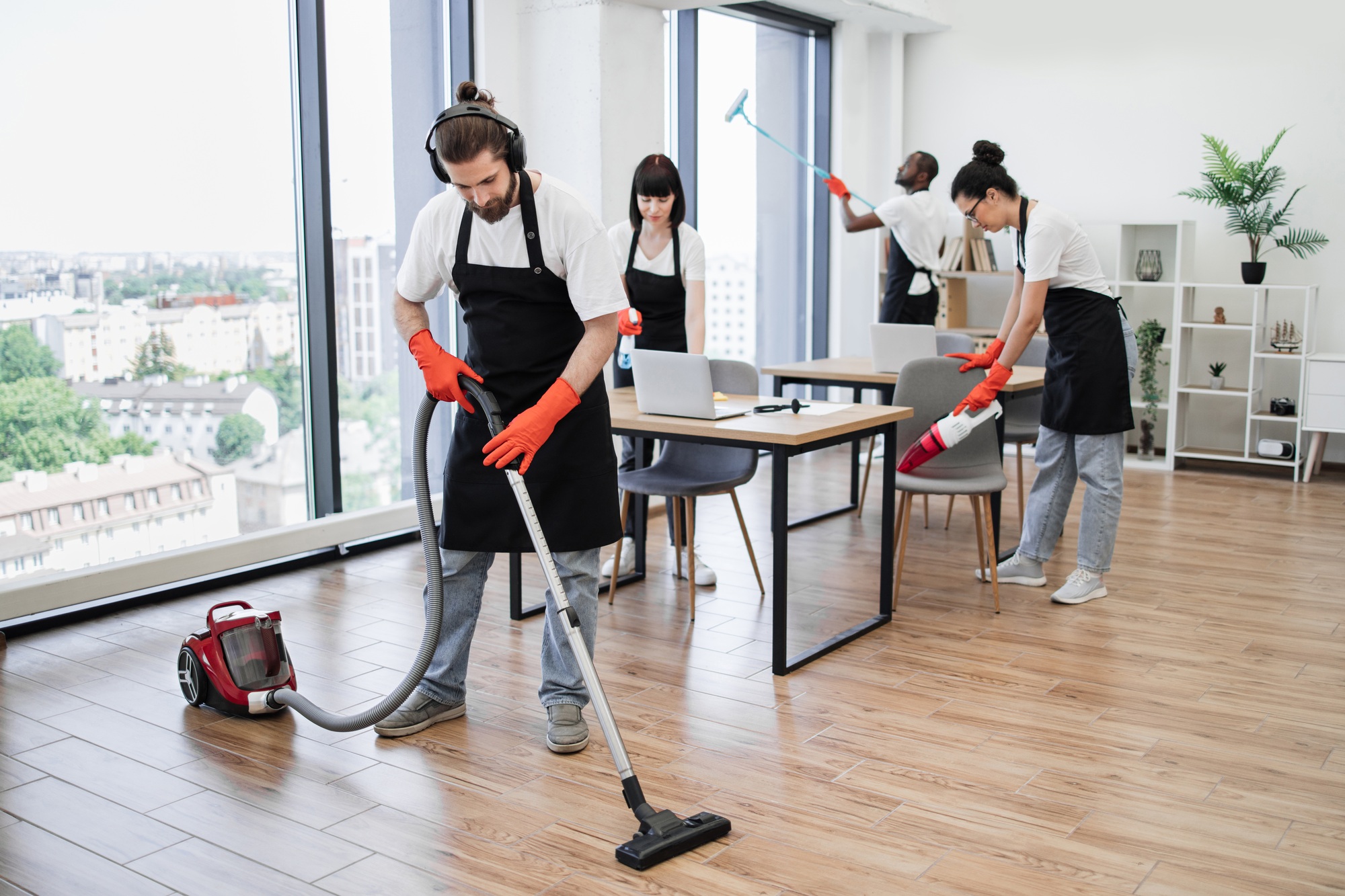
Starting a cleaning business in Georgia requires specific supplies and equipment to ensure efficiency and effectiveness. Investing in the right tools enhances service quality and boosts customer satisfaction.
Cleaning Tools and Products
- Basic Cleaning Supplies: Equip your startup with necessary cleaners such as glass cleaner, surface cleaner, and toilet bowl cleaner. Essential tools include a vacuum cleaner, duster, rubber gloves, trash bags, broom, mop, bucket, and microfiber cloths. If you provide carpet cleaning services, include disinfectant cleaners, a carpet extractor, carpet cleaning solution, and spot remover.
- Specialized Tools: For various cleaning tasks, consider the following:
- Window Cleaning: Use window cleaning solution, a squeegee, window scrubber, extension pole, ladder, window cleaning bucket, microfiber towels, and a razor scraper.
- Carpet Cleaning: Utilize a carpet extractor, carpet cleaning solution, spot remover, carpet rake, and carpet grooming brush.
Office Supplies and Software
- Office Supplies: Stock up on basic office supplies like pens, paper, and a printer for invoices. Utilize a computer to manage scheduling and client records.
- Software Solutions: Implement cleaning business management software for efficient operations. Look for software that provides scheduling, invoicing, and customer management features. This can streamline your processes and improve overall organization as you start your small business.
Incorporating these supplies and tools into your cleaning startup will support efficient operations and enhance your credibility within the market.
Marketing Your Cleaning Business
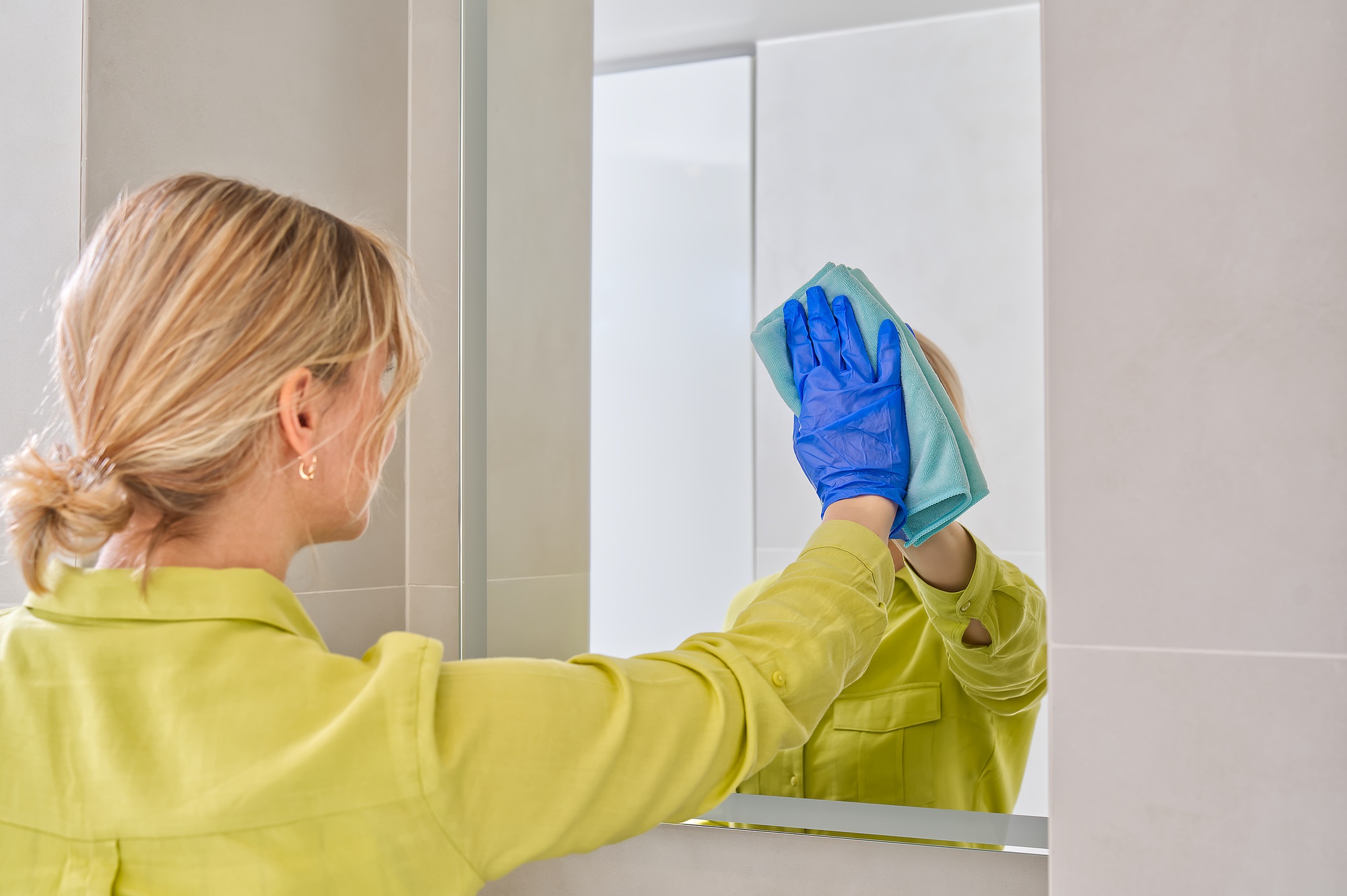
Effective marketing is crucial for attracting clients to your cleaning business. By implementing a strong strategy, you enhance your visibility and connect with potential customers.
Developing a Brand
Creating a distinctive brand sets your cleaning business apart from competitors. Start by defining your brand’s mission and values. Develop a memorable business name, logo, and tagline that communicate your services and quality. Consistently use branding elements across all platforms, from business cards to social media, to establish recognition. Additionally, emphasize your unique selling points, such as eco-friendly products, exceptional customer service, or flexible scheduling.
Online and Offline Marketing Strategies
Implement a mix of online and offline marketing strategies to reach a broader audience.
Online Strategies
- Create a professional website. Your website should showcase your services, provide contact information, and include client testimonials.
- Utilize social media platforms. Engage with potential customers through posts, promotions, and cleaning tips on channels like Instagram and Facebook.
- Leverage online directories. List your business on platforms like Google My Business and Yelp to improve local search visibility.
- Use email marketing. Build an email list and send newsletters with helpful cleaning tips and special offers.
Offline Strategies
- Distribute flyers. Hand out well-designed flyers in neighborhoods, shops, and community centers to attract local clients.
- Network with local businesses. Establish partnerships with real estate agents, property management companies, and event planners to gain referrals.
- Attend trade shows. Showcase your services at local events to connect directly with potential customers and gather leads.
- Offer free samples. Provide complimentary cleaning sessions to new clients, allowing them to experience your services firsthand.
By employing these strategies, you can effectively market your cleaning business and maximize its potential for success.
Conclusion
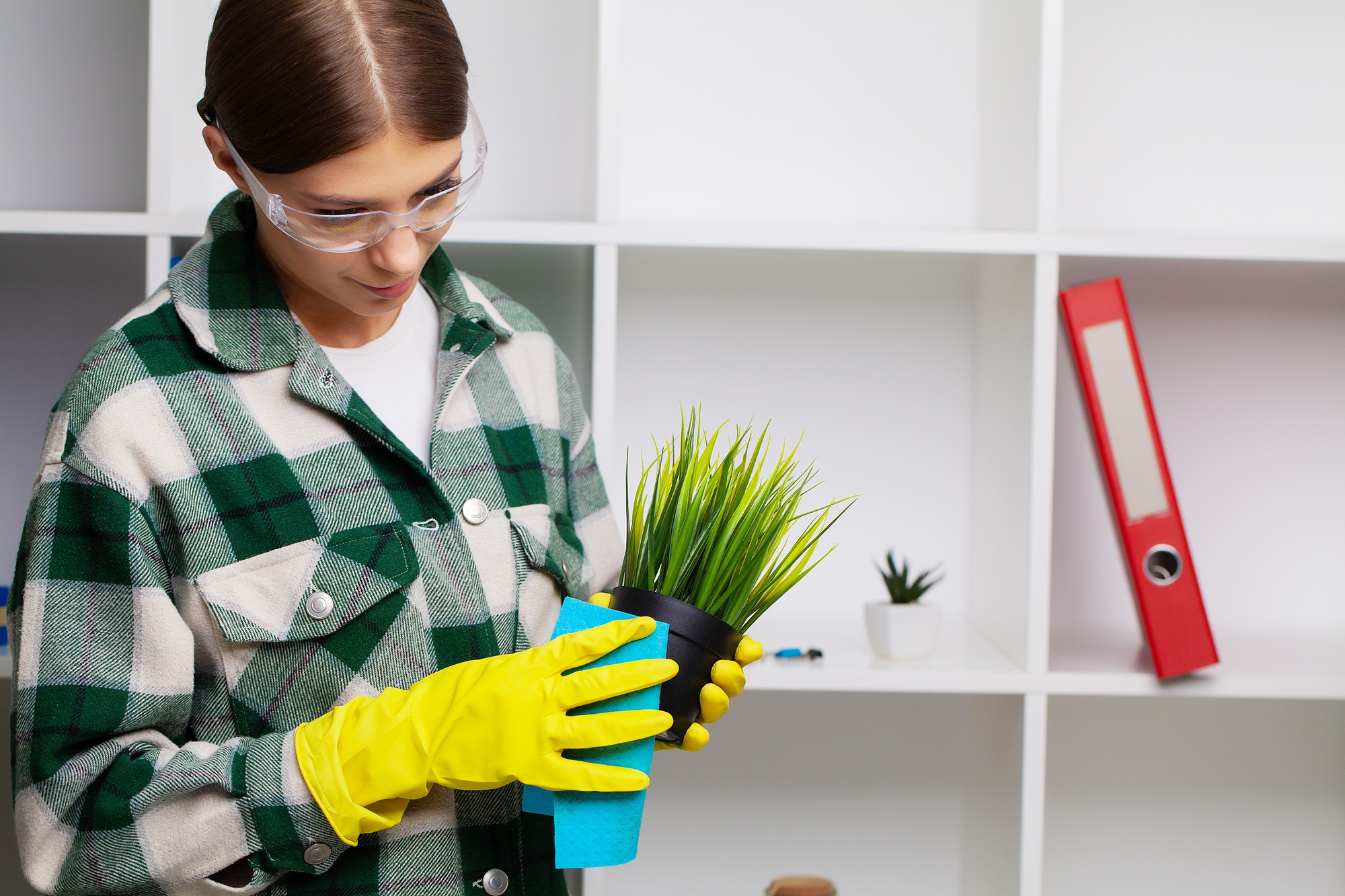
Starting a cleaning business in Georgia can be a rewarding venture that offers flexibility and financial independence. With the right planning and strategy you can tap into a growing market that’s increasingly in demand. Focus on understanding your target audience and tailoring your services to meet their needs.
Invest time in building a strong brand and effective marketing strategies to attract clients. Remember to stay compliant with legal requirements and prioritize quality in your services. By taking these steps you’ll set yourself up for success in this thriving industry. Embrace the journey and watch your cleaning business flourish in Georgia.
Frequently Asked Questions
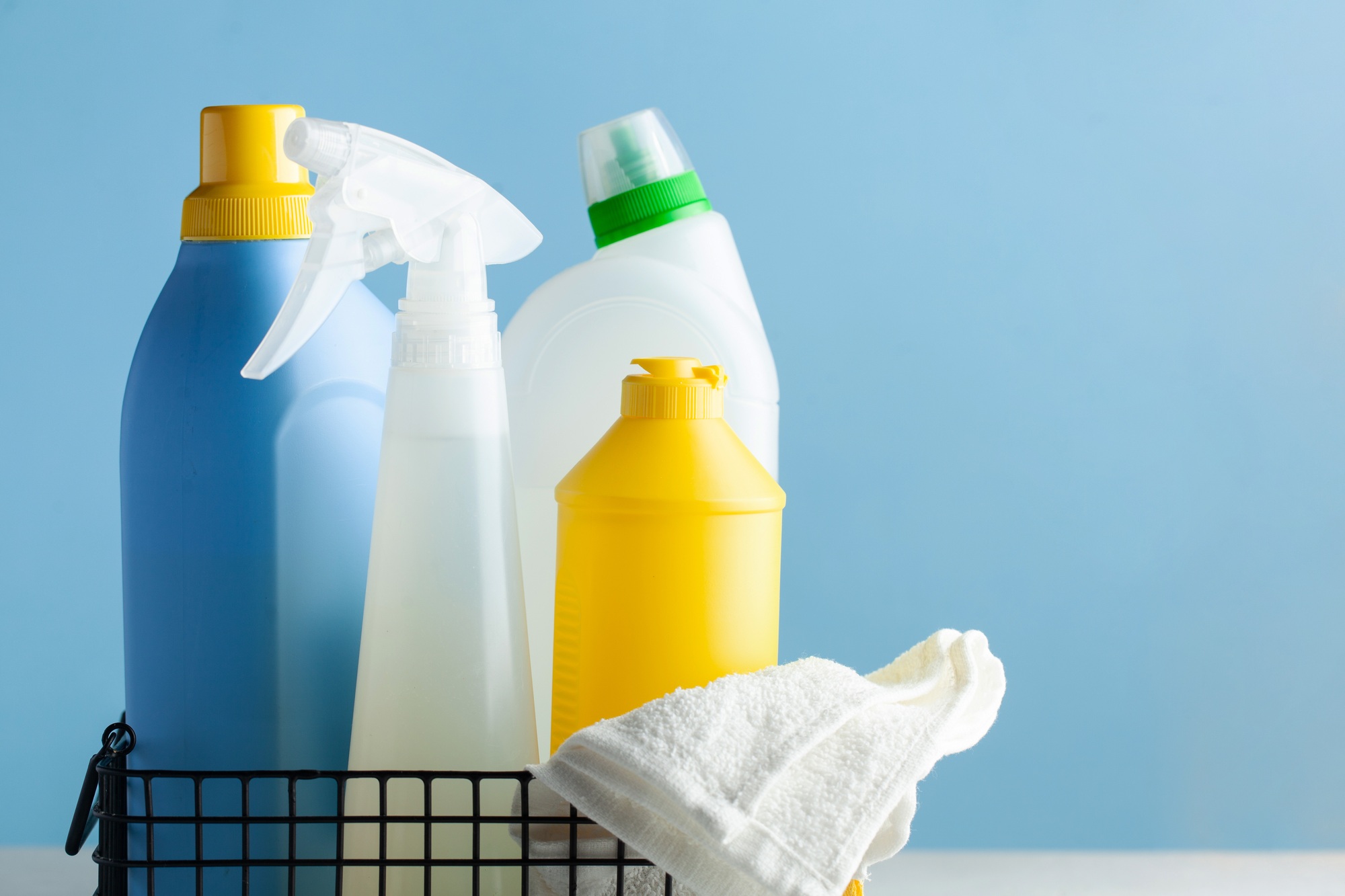
What are the benefits of starting a cleaning business in Georgia?
Starting a cleaning business in Georgia offers financial independence, flexible work hours, and access to a growing market. With the industry valued at approximately $4.7 billion in 2022 and a projected annual growth rate of 6.1%, there are ample opportunities for entrepreneurs in both residential and commercial cleaning services.
What steps do I need to take to start a cleaning business in Georgia?
To start a cleaning business in Georgia, define your services, create a detailed business plan, and choose a suitable business structure like an LLC. Obtain necessary licenses, invest in liability insurance, and gather essential cleaning supplies and equipment.
Who is the target audience for a cleaning business?
The target audience for a cleaning business includes homeowners, property managers, and businesses looking for professional cleaning services. Identifying this audience helps tailor marketing strategies to effectively reach potential clients.
How can I effectively market my cleaning business?
You can effectively market your cleaning business by creating a memorable brand, building a professional website, and utilizing social media. Consider both online and offline strategies, such as networking with local businesses, distributing flyers, and offering promotions to engage new clients.
What equipment do I need for my cleaning business?
Essential equipment for a cleaning business includes basic cleaning supplies like mops, brooms, and cleaners, as well as specialized tools for tasks such as window and carpet cleaning. Investing in high-quality equipment ensures efficiency and effectiveness in service delivery.
Image Via Envato


